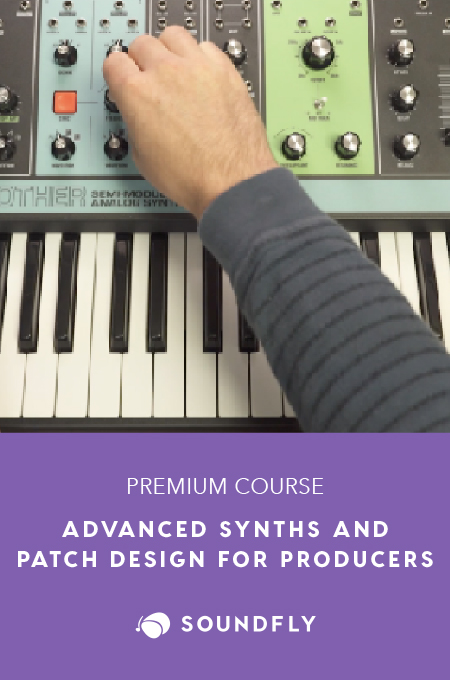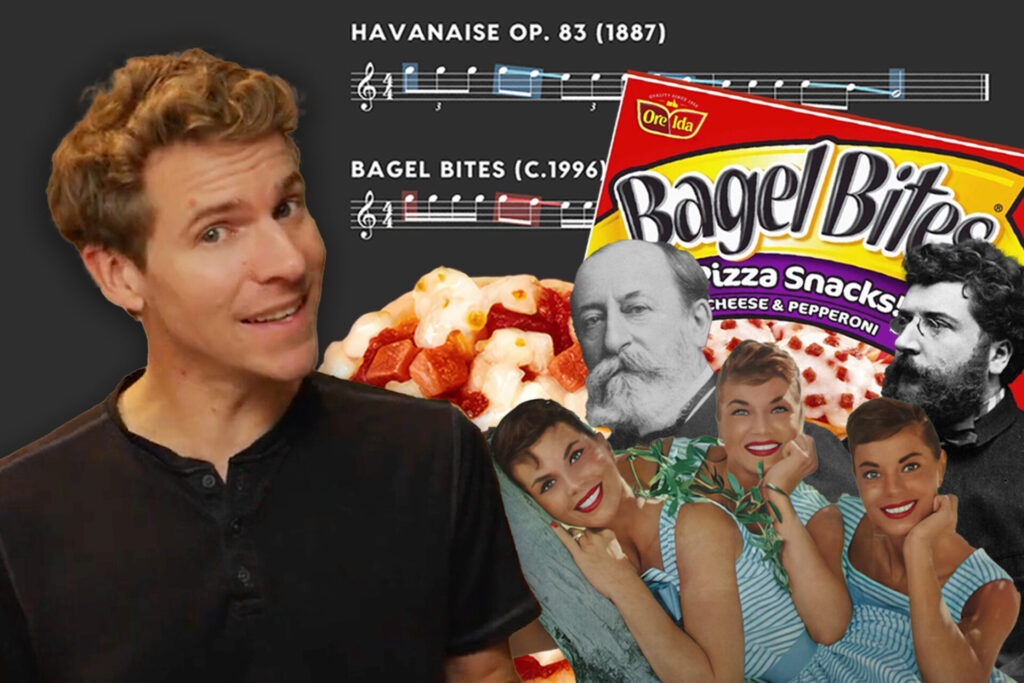
If you’ve seen Easy A, you probably remember the scene where Emma Stone receives a card that plays Natasha Bedingfield’s “Pocketful of Sunshine” and how Stone’s character hates the song — at first. Flash forward to a few days later, and she can’t stop singing it.
There are songs that we can’t stand, yet can’t get out of our heads. There are also songs that we love and feel addicted to. For whatever reason, songs get lodged in our brains — and often stay there for a maddeningly long time.
Labeled “earworms” by the scientific community, it’s been suggested that these ditties hang around longer in musicians’ minds than non-musicians. What makes a song have such a huge impact on our brains? Below, we’ll run through the four main components of creating a catchy song that you can’t get out of your head, even if you want to.
But first, revisit that clip of Emma Stone and “Pocketful of Sunshine” as a prime example of earworm invasion.
1. Song structure
There are a variety of song structures often used in today’s popular music. Formats such as ABABCB (A = verse, B = chorus, C = bridge or solo) and AABA (A = verse and B = bridge) are very common and easy for listeners to remember.
While songs don’t necessarily have to follow any specific layout, catchy songs generally tend to follow one of the more common structures listed above or a variation of some sort. Finding the right balance between meeting listeners’ expectations and throwing in something surprising is a surefire way to create an earworm.
2. Lyrics
In today’s music market, many fantastic songwriters write elaborate lyrics. That said, the majority of catchy songs feature a smaller number of words or words that are easy to remember, and often repeat portions (see ABABCB above), which, in turn, create a difficult song to get out of your head.
When the focus is on the song’s hook and chorus, keeping the fancy lyrics for the verses will lure listeners in and leave them humming the most memorable parts throughout the day.
3. Chord progressions and melodies
There are certain progressions that create addictive songs. Similar to song structure, catchy chord progressions must balance expectations and artistic expression. By tying the simplicity of commonality to the unexpected, listeners are drawn into the comfort of what they know and the excitement of what lies ahead.
Building off the chord progressions, the melody is usually what we retain in our heads. A catchy melody is generally upbeat, though there are some hauntingly beautiful melancholy melodies out there as well. Even the most irritating songs have a well-written line that our minds can’t escape. A melody that is both interesting and recognizable is a key component of a catchy song.
4. Production quality
This last category is dependent on what exactly you do in the music industry. Are you writing for other artists? If so, the production quality may be out of your hands. If you’re in charge of the production of your song, however, this absolutely contributes to its popularity. Though there’s an audience for less polished recordings, not many people want to listen to a poorly recorded album version of a song that sounds like a demo. In order to have a catchy song that appeals to the masses, the production quality must be high. This isn’t to say that someone who can’t afford to record in a professional studio hasn’t written a catchy song, but a high-quality recording of the song will open up a larger market and make it more likely to receive favorable reviews and airplay.
Whether it’s a song you love or can’t stand, you have to admit there’s great science behind songwriting. Creating something that piques a large audience’s interest, even those who consider it a guilty pleasure, is a tough task to take on. For a fun exercise, try figuring out what makes that song you can’t get out of your head so addictive. If you’re a songwriter, you could even adapt that writing format and see what you come up with.
What do you think makes a catchy song? Let us know in the comments below!
Kathleen Parrish is a singer and songwriter from Seattle, WA. While she specializes in lyrics, she enjoys writing short stories, poetry, and journalism. For more information, please visit www.kathleenparrish.com.



